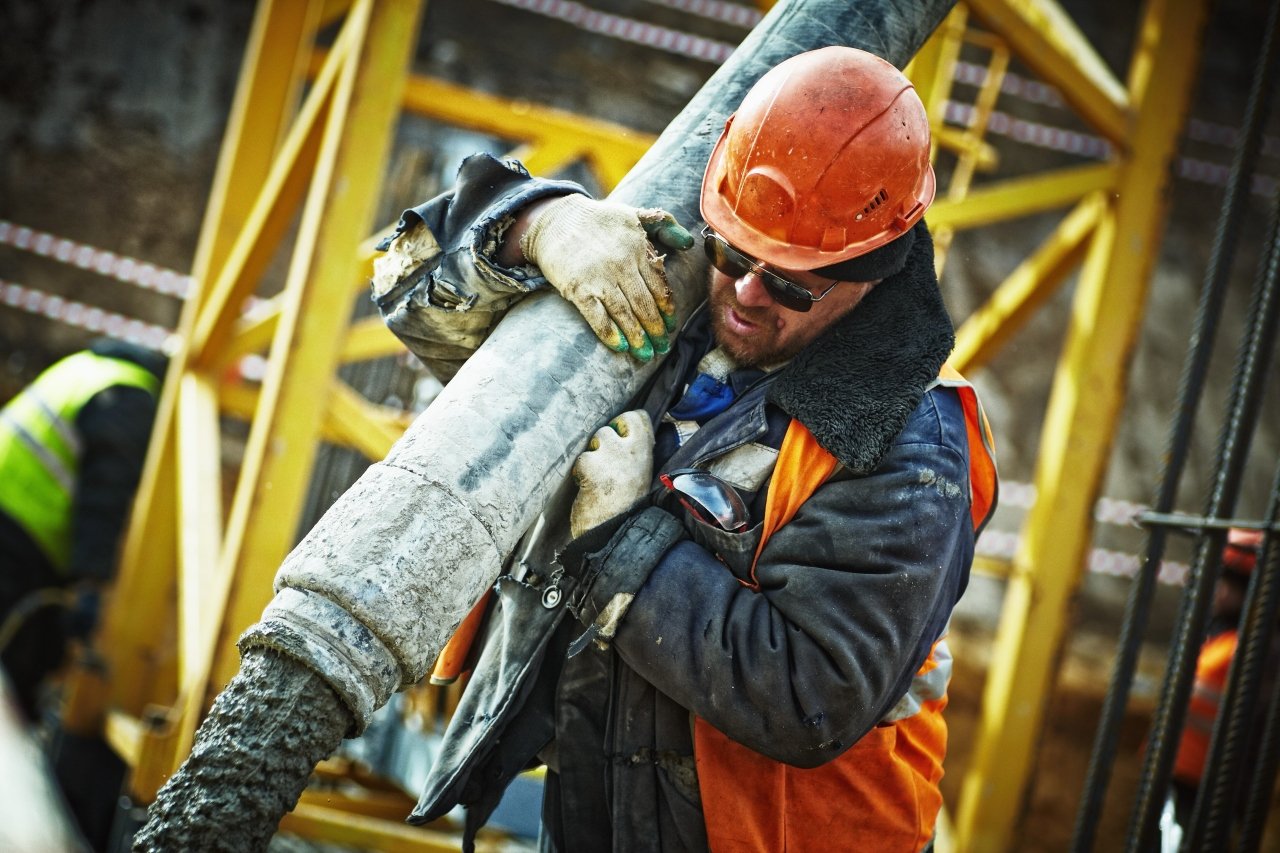California law on workers’ compensation details the fact that the state utilizes a "no-fault" benefits system. Effectively, this means that an injured California worker does not need to prove that an employer’s negligence or legal wrongdoing caused the employee’s injury to receive benefits. Instead, an injured California worker must generally only prove that the illness or injury arose from the "course and scope" of the worker’s employment.
As such, it is generally true that injured California workers can receive workers’ comp benefits even if the employee caused their own injury without any employer negligence involved. If you have any questions about California workers’ compensation law or the state’s no-fault benefits approach, be sure to discuss your questions and concerns with a California workers’ compensation attorney to make sure your rights are protected.
Legal Consequences of No-Fault Workers’ Comp Benefits
In a no-fault system, worker injuries will typically be covered regardless of who was at fault for the injury or creating the conditions needed to cause the harms suffered. A side effect of this system, however, is that employees who are injured by an employer’s negligence may have reduced payouts compared to states that choose to use a fault-based system. Since workplace injury victims in California generally will all receive medical benefits and compensation, the amount of workplace injury claims necessarily increase.
As such, California injured worker compensation tends to be lower than states that take a fault-based approach. For employers, the no-fault system can be helpful in that the employer receives immunity from an injured worker’s ability to file a civil lawsuit based on employer negligence. This is not to say that a California employer cannot be penalized for "serious and willful misconduct", however.
Injured workers who are harmed by an employer’s serious and willful misconduct and negligence can receive an increased rate of workers’ comp benefits, even in a no-fault state like California.
Limitations and Exceptions for California’s No-Fault System
California is a no-fault system for injured workers generally, but this does not mean that exceptions and rules for receiving workers’ comp do not apply. One such limitation is that the injury must arise "out of and in the course of employment." In simplest terms, an injury must occur based on an employee’s work duties to be compensable under California workers’ comp law.
There are some instances where an employee will cause their own injury and not be eligible to receive workers’ compensation, even if the injury happened on the job or at the jobsite. A few examples of circumstances that could lead to a denied workers’ comp claim based on the worker caused their own injury include:
- Injuries caused by the claimant’s intoxication or use of drugs
- Fighting in the workplace when the claimant was an aggressor (not acting purely in self-defense)
- Engaging in so-called "horseplay" that caused an injury
These are just a few of the examples where a claimant’s own fault could prevent their ability to receive workers’ comp benefits in a no-fault state like California. Injuries in the manner described would not satisfy the criteria of injuries that arose out of and in the course of the employee’s job duties.
That said, there are types when legitimate claims for workers’ compensation benefits are unfairly denied. If you have any questions about your workers’ compensation eligibility or why your claim was denied, our team at The Ledger Law Firm will protect and assert your legal rights.
Contact us online to discuss the facts of your workers’ compensation claim with a California workers’ compensation lawyer today.



